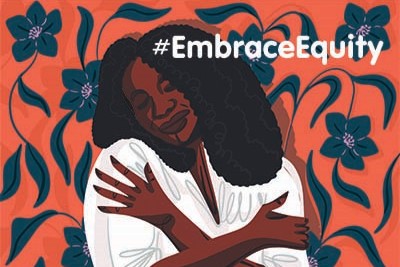For International Women’s Day (8 March) we hear from two of our female Executive Group members about the challenges they faced in their academic careers and getting to their leadership positions:
“Balancing family and work has been one of the biggest challenges in progressing my academic career. Maternity leave and family responsibilities impacted my research productivity and advancement while mentoring and career counselling are often absent in academia and female academics would benefit from supporting institutional policies. There is also still a gender issue in the leadership of Business Schools as the Dean’s role is male dominated, and worldwide only 25%-30% of Business Schools have a female Dean. Mentoring and strong role models can send clear messages to aspiring women of the future who wish to embrace academic leadership.”
From Professor Marian Garcia, Dean of the Business School
“Role-modelling is really important in supporting women into leadership positions – creating a culture where women are ‘seen’ to be in leadership positions at all stages from leading a discipline to having a female Vice Chancellor dispels the myth about what a leader should look like; there are after all many different leadership styles. Providing support and training as appropriate, such as LASR and Aurora, and also Stellar, is also key, along with appointing a mentor.”
From Prof Juliette Pattinson, Director of Division Arts and Humanities
“As a young female academic working in STEM I never questioned being in a minority group. For me this was my norm and I simply sought to find my place and navigate a pathway that was right for me at that time. Often this was very challenging and I did experience set backs, some of which undoubtably caused me to question my credibility or aspirations. The most beneficial and impactful thing that has supported my progress has been building a critical network of champions and supporters, at work and at home. This has been instrumental in enabling me to be authentically successful in achieving my ambitions, to be confident and feel credible in my roles.
It’s important to understand everyone’s journey is unique and to celebrate what diversity brings to leadership. To encourage people to carve out a pathway to leadership that works for the and share your experiences to inspire others.”
Prof Claire Peppiatt-Wildman, Director of Division Natural Sciences
